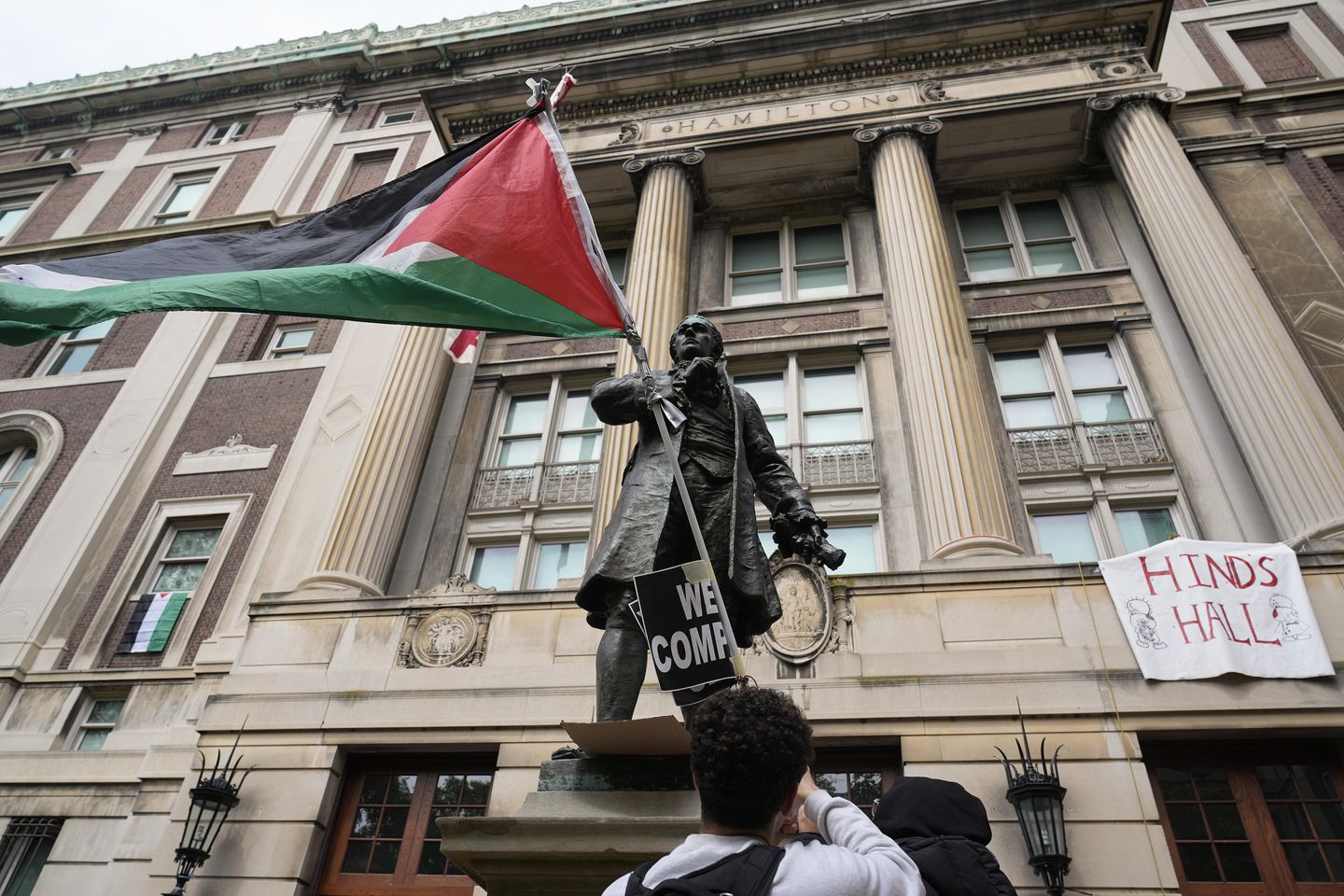The Columbia Law Review, a prestigious legal journal, has come under scrutiny after student editors claimed they were pressured by the journal’s board of directors to stop the publication of an academic article written by a Palestinian human rights lawyer. The article in question accuses Israel of committing genocide in Gaza and maintaining an apartheid regime. The controversy highlights the tension surrounding discussions of the Israeli-Palestinian conflict within academic and legal circles.
The student editors allege that they were pressured to halt the publication of the article due to concerns about its content and potential backlash. The decision to block the article raises questions about academic freedom and the ability of scholars to engage in critical discussions of contentious political issues. It also raises concerns about the influence of external pressures on academic publishing decisions.
The accusation that Israel is committing genocide in Gaza and upholding an apartheid regime is a deeply controversial and sensitive issue. The article’s allegations are likely to spark heated debate and criticism from various quarters. The decision to suppress the article may be seen as an attempt to avoid controversy and protect the journal’s reputation, but it also raises questions about the journal’s commitment to academic freedom and the free exchange of ideas.
The incident at the Columbia Law Review highlights the challenges faced by scholars and journals when dealing with politically charged topics. The Israeli-Palestinian conflict is a deeply divisive issue, and discussions of it can often lead to intense debate and disagreement. The decision to suppress the article may be seen as a missed opportunity to engage with important questions and perspectives, and it may also have a chilling effect on future scholarship on the topic.
Ultimately, the controversy at the Columbia Law Review raises important questions about academic freedom, censorship, and the role of scholarly journals in promoting open and rigorous debate. It is essential for scholars and journals to uphold the principles of academic freedom and to resist external pressures that seek to suppress controversial or unpopular viewpoints. The incident serves as a reminder of the importance of protecting the free exchange of ideas and fostering a culture of open and respectful debate within academic and legal communities.









